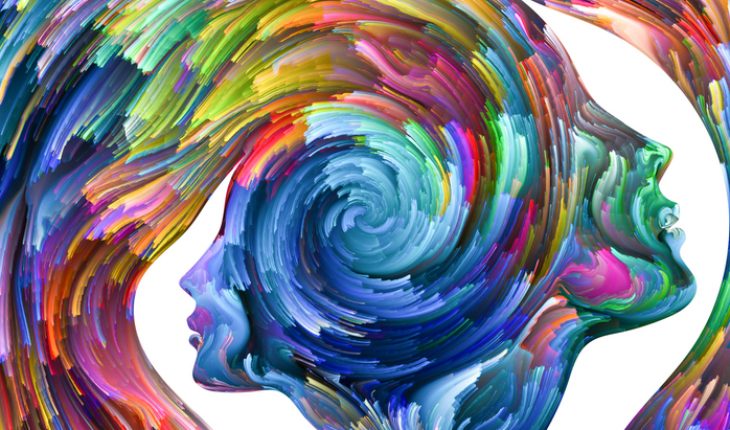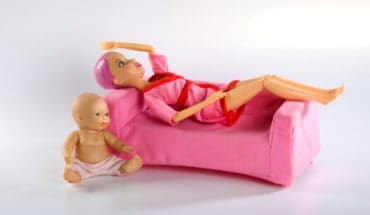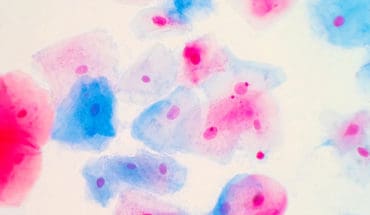Around half of all women and one in five men suffer from low libido at some point in their lives. Here we look at some ways to boost desire and enjoy a healthy romantic life.
Prescription drugs
According to Sid Dajani, community pharmacist and spokesperson for the Royal Pharmaceutical Society, there are literally dozens of OTC medications that can put a dampner on female, and male desire. These include antihistamines which lead to drowsiness, including Piriton containing chlorphenamin, and cold and pain remedies which contain codeine. ‘Opioids found in painkillers act on receptors in the brain which switch off anything that might lead to excitement, including libido,’ he says.
Prescription medications that curb sex drive include some breast cancer drugs, like Tamoxifen, which blocks the action of female hormone oestrogen, leading to effects like vaginal drying and loss of libido. Some classes of antidepressants which affect neurotransmitters in the brain can stop sexual impulses. ‘I think this happens to around half of my patients who are taking SSRIs but libido can return when their bodies get used to the medication,’ says Sid Dajani.
Ironically, contraception can make women less likely to want sex. ‘The Mirena coil has been associated with a drop off in libido, although the numbers are small and it usually down to an ill-fitting coil or worries about the device,’ says Dajani. ‘Oral contraceptive pills can boost desire in some women and destroy it in others. Anything that effects your hormones could have a knock on effect on libido and it is really a question of finding what works for you.’
Gadgets and gizmos
Stress incontinence is definitely a passion killer, according to a survey of 1000 women commissioned by INNOVO which makes an non-invasive product which you wear everyday to strengthen your pelvic floor. Basically, it uses electrical impulses to contract the pelvic floor muscles and basically improves tone in that area. Over 90 per cent of women who have used it in studies report a significant improvement over 6 weeks.
‘A quarter of women over 40 with bladder weakness have admitted that it has led them to have less sex than they would like, and nearly a third (20%) never have sex,’ says sex and relationship counselor Annabelle Knight.
Researchers at the University of Michigan in the US have been trying out a new device which sends electrical signals from a needle inserted in a woman’s ankle to her genital area, to help stimulate nerves and blood supply. Although it sounds good in theory, and reportedly creates a pleasant tingling in the groin area, there are concerns about how practical it is during energetic love making sessions.
Low libido and the menopause
No one is saying that older women can’t have a great sex life. Dame Joan Collins, 84, regularly talks about her life and lusts with her much younger husband, Percy Gibson, 52, whom she married in 2002. But studies do suggest that up to three quarters of women who have passed childbreaing age report reduced interest in sex.
As women reach their late 40s, levels of circulating sex hormones including oestrogen and progesterone start to reduce quite quickly and this can lead to a range of issues that result in lowered sex drive. ‘Anyone can lose sex drive at any age, but it is more common among women who have reached or passed the menopause’ says Kathy Abernethy, specialist menopause nurse and Chair of the British Menopause Society. ‘As oestrogen levels drop, there can be problems like vaginal dryness and painful penetration. The walls of the vagina slowly begin to become thinner and less elastic.’
Hormone Replacement Therapy can ease these symptoms for some women. Topical oestrogen creams and lubricants can also help overcome vaginal dryness. Abernethy says that there is a ‘squeamishness’ when it comes to talking about people past retirement age actually enjoying sex. The problems may be psychosocial, or related to other health problems such as high blood pressure, dementia or depression. You have to look at the holistic whole, taking into account functional issues, psychological issues and physiological issues.’
Whatever the reasons behind low libido, it really is worth getting them sorted out, says sex and relationship counsellor Denise Knowles. ‘A healthy sex life is good for your relationship and how you feel. Sex stimulates the production of ‘feel good’ hormones dopamine and oxytocin, as well as improving blood flow and burning calories. There are all sorts of good reasons why you should take steps to foster your desire.’
- Biden Declines Second Term: Health Concerns - 23rd July 2024
- New catheter coating stops bacteria cells from swarming - 10th June 2024
- AI-designed catheters could dramatically reduce urinary tract infections - 10th June 2024







